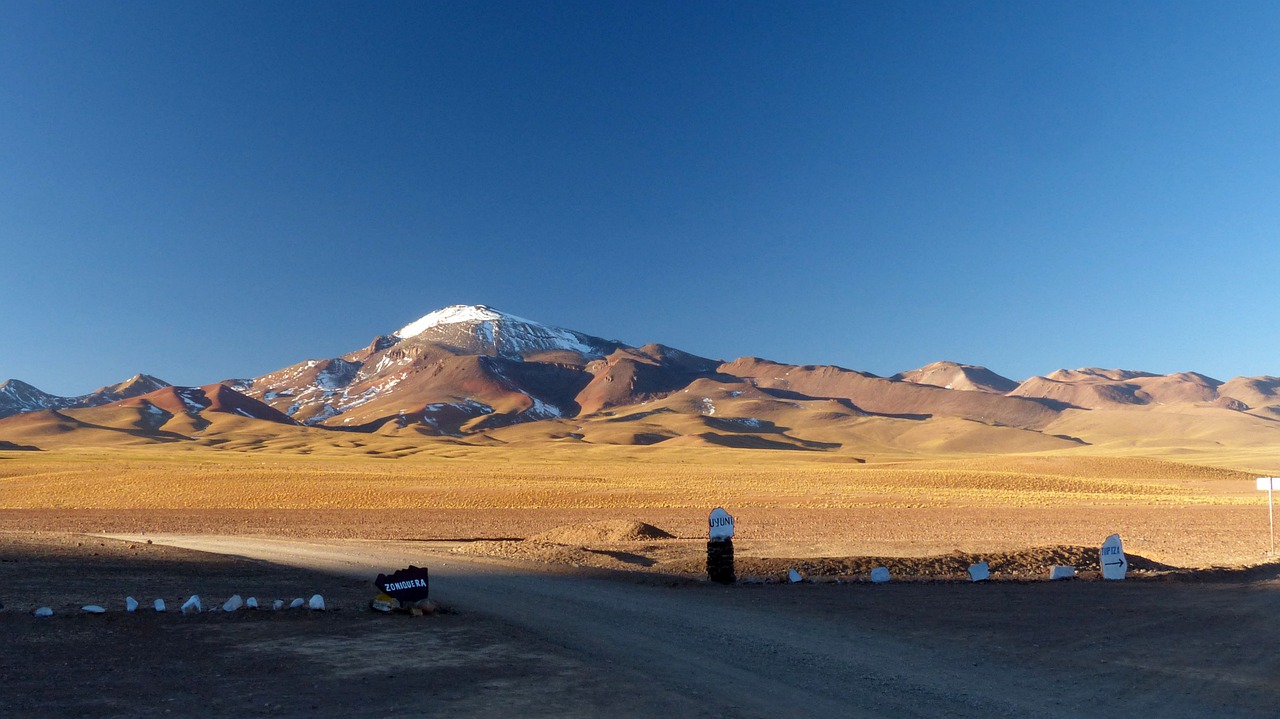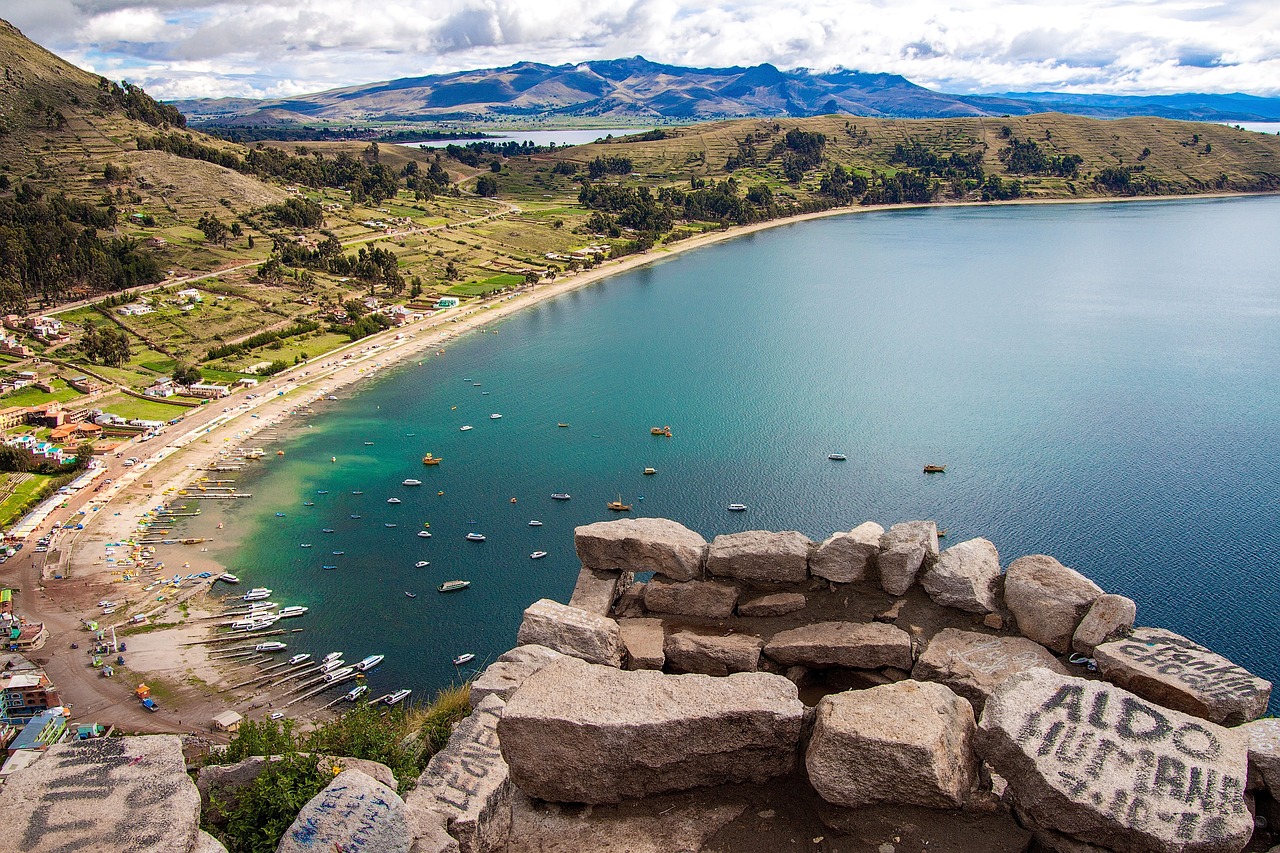Bolivia Video
Safety Tips for Remote Workers in Bolivia
Bolivia, a stunning country in South America, offers a unique destination for remote workers seeking a change of scenery. With its diverse landscapes, rich culture, and affordable cost of living, Bolivia has become a popular choice for digital nomads. However, it’s essential to prioritize safety while working remotely in a foreign country. In this article, we will provide valuable safety tips specifically tailored to remote workers in Bolivia.
Section 1: Research Your Destination
Before embarking on your journey to Bolivia, it is crucial to research your destination thoroughly. Familiarize yourself with the local customs, laws, and potential safety risks. Understanding the local culture will help you blend in and avoid drawing unnecessary attention to yourself. Make sure to research the specific city or region you plan to stay in, as safety conditions may vary.
- Government Travel Advisories: Check the travel advisories issued by your home country’s government. These advisories provide valuable information regarding safety concerns and potential risks in Bolivia.
- Local News and Forums: Read local news sources and online forums to stay updated on any recent incidents or safety concerns in Bolivia. Engaging with the local community through forums can also provide valuable insights and advice.
- Local Laws and Customs: Familiarize yourself with Bolivia’s laws and customs to ensure you adhere to local regulations. Respect cultural norms and traditions to avoid any unnecessary conflicts or misunderstandings.
Section 2: Secure Your Accommodation
Choosing a safe and secure accommodation is paramount for remote workers in Bolivia. Prioritize your safety by considering the following factors when selecting your accommodation:
- Location: Opt for accommodations in safe neighborhoods or areas with a low crime rate. Research the safety reputation of the specific area you plan to stay in and choose accordingly.
- Security Measures: Look for accommodations with reliable security measures in place, such as CCTV cameras, secure entrances, and 24/7 security personnel.
- Reviews and Recommendations: Read reviews from previous guests to gauge the safety and security of the accommodation. Pay attention to any mentions of safety concerns or incidents.
Section 3: Transportation Safety
When traveling around Bolivia as a remote worker, it’s essential to prioritize transportation safety. Whether you’re commuting within the city or exploring different regions, keep these safety tips in mind:
- Public Transportation: Utilize reliable and licensed public transportation options, such as taxis or buses. Avoid unmarked or unofficial vehicles, as they may pose safety risks.
- Ridesharing: If using ridesharing services like Uber or local equivalents, ensure the driver’s information matches the app before entering the vehicle. Share your ride details with a trusted friend or family member.
- Walking Safety: Be cautious when walking alone, especially at night. Stick to well-lit and populated areas, and avoid displaying valuable belongings.
Bolivia Image 1:

Section 4: Cybersecurity Measures
As a remote worker, your online security is of utmost importance. Take the necessary steps to protect your digital assets and personal information:
- Secure Internet Connections: When working remotely, ensure you connect to secure and trusted Wi-Fi networks. Avoid using public Wi-Fi networks that may be vulnerable to cyberattacks.
- Strong Passwords: Use strong and unique passwords for all your online accounts. Consider utilizing a password manager to securely store and manage your passwords.
- Two-Factor Authentication: Enable two-factor authentication whenever possible to add an extra layer of security to your online accounts.
Section 5: Emergency Contacts
In case of an emergency, it’s crucial to have the necessary contacts readily available. Keep a list of the following emergency contacts accessible at all times:
- Local Emergency Services: Save the contact numbers for local emergency services, including the police, ambulance, and fire department.
- Embassy or Consulate: Note down the contact details of your country’s embassy or consulate in Bolivia. They can provide assistance in case of emergencies or other critical situations.
- Trusted Contacts: Share your itinerary and contact details with trusted family members or friends. In case of any unforeseen events, they can provide support and assistance.
Section 6: Health and Medical Considerations
Prioritizing your health and well-being is crucial when working remotely in Bolivia. Take the necessary precautions to ensure your physical and mental well-being:
- Travel Insurance: Obtain comprehensive travel insurance that covers medical emergencies and evacuation. Familiarize yourself with the terms and conditions of your insurance policy.
- Vaccinations: Check with your healthcare provider or travel clinic to ensure you are up to date on all necessary vaccinations for Bolivia.
- Medical Facilities: Research and locate reputable medical facilities and hospitals in Bolivia. Keep their contact information handy in case of any medical emergencies.
Bolivia Image 2:

Section 7: Cultural Sensitivity
Respecting the local culture and customs is essential when working remotely in Bolivia. Embrace cultural sensitivity to foster positive interactions and avoid misunderstandings:
- Dress Appropriately: Observe and adhere to the local dress code norms. Respect religious or traditional customs that may influence the locals’ attire expectations.
- Language and Etiquette: Learn a few basic phrases in Spanish, the official language of Bolivia, to facilitate communication. Familiarize yourself with the local etiquette and customs to show respect and avoid unintentional offense.
- Religious Sites and Traditions: When visiting religious sites or participating in cultural ceremonies, adhere to the specific rules and practices associated with these places or events.
Section 8: Money and Valuables
Protecting your money and valuables is crucial to ensure a safe and worry-free remote working experience in Bolivia. Follow these tips to safeguard your belongings:
- ATM Safety: Use ATMs located in well-lit and secure areas. Be cautious of your surroundings and shield your PIN while entering it.
- Money Belt or Pouch: Consider using a discreet money belt or pouch to keep your cash, cards, and important documents close to your body.
- Photocopies and Digital Copies: Make photocopies or digital copies of your important documents, such as your passport and visa. Store these copies securely online or in a separate location.
Section 9: Socializing and Networking
Networking and socializing can be an enriching part of the remote working experience. However, it’s crucial to prioritize personal safety while interacting with new people:
- Meet in Public Places: When meeting someone for the first time, opt for public locations like cafes or coworking spaces. Inform a trusted contact about your plans and whereabouts.
- Trust Your Instincts: If you feel uncomfortable or sense any red flags during a social or networking event, trust your instincts and remove yourself from the situation.
- Online Interactions: Exercise caution when interacting with strangers online. Avoid sharing personal information or sensitive details with individuals you haven’t verified.
Bolivia Image 3:

Section 10: Emergency Preparedness
Being prepared for emergencies is essential for remote workers in any location. Take the necessary precautions to ensure your safety:
- Emergency Kit: Assemble an emergency kit with essential items like a first aid kit, flashlight, extra batteries, and a portable phone charger.
- Emergency Exits and Evacuation Plans: Familiarize yourself with emergency exits and evacuation plans in your accommodation and other places you frequent.
- Local Emergency Services: Save the contact numbers for local emergency services on your phone or keep them written down in case of emergencies.
Section 11: Mental Well-being
Maintaining good mental well-being is crucial for remote workers, especially in a foreign environment. Prioritize self-care and incorporate these tips into your routine:
- Work-Life Balance: Establish clear boundaries between work and personal time to avoid burnout. Engage in activities that help you relax and unwind.
- Connect with Others: Seek out local communities, coworking spaces, or digital nomad groups to meet like-minded individuals and combat feelings of isolation.
- Practice Mindfulness: Incorporate mindfulness techniques, such as meditation or yoga, into your daily routine to reduce stress and enhance well-being.
Section 12: Conclusion
Working remotely in Bolivia can be an incredible experience, allowing you to immerse yourself in a unique culture while maintaining your productivity. By following the safety tips outlined in this article, you can ensure a safe and enjoyable remote working journey. Remember to stay informed, be prepared, and prioritize your well-being throughout your time in Bolivia.
References:
– travel.state.gov
– boliviabella.com
– internations.org
– nomadlist.com
– cdc.gov


